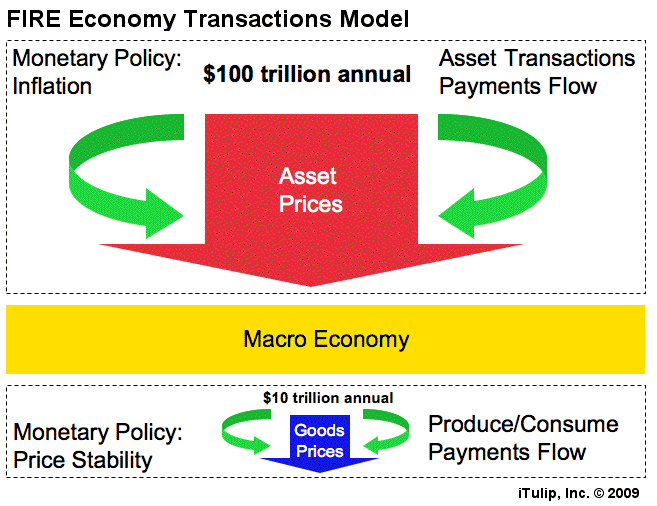Re: Deflationistas, inflationistas, and hyperinflationistas - Eric Janszen
yes it was. it was, after all, better than the usa 1930s or japan after the war.
no 25% unemployment. no beggars in the streets.
success!!!
the strategy for japan was to make sure that by the time the economy collapsed the population was too old to revolt.
Originally posted by jk
View Post
no 25% unemployment. no beggars in the streets.
success!!!
the strategy for japan was to make sure that by the time the economy collapsed the population was too old to revolt.


Comment